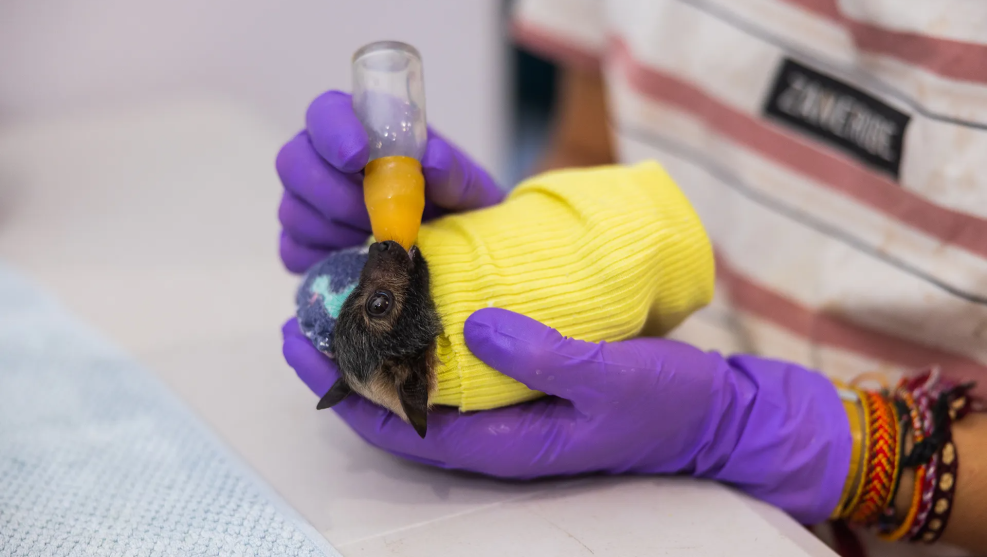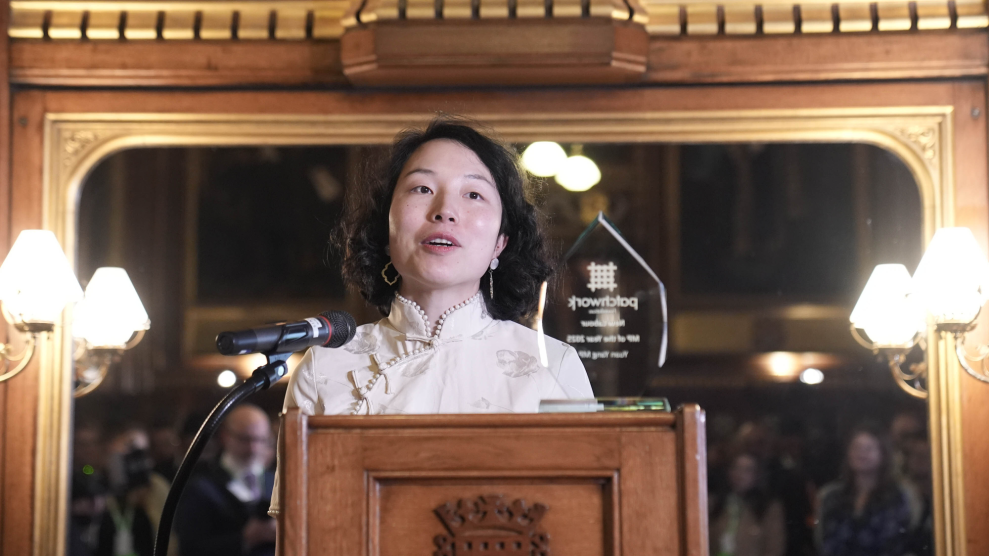The morning after, the Clinton crew was unbowed. As Hillary Clinton on Tuesday night was being creamed by Barack Obama in North Carolina and eking out a narrow victory in Indiana, pundits throughout Cable News Land were pronouncing her dead, dead, dead. Tim Russert said the race was over. But when a reporter on the campaign’s morning conference call, asked Howard Wolfson, Clinton’s communications director, if there had been “any discussions about not going forward,” he said, “No discussions.” And he seemed to mean it.
On the call, Wolfson, deputy communications director Phil Singer, and chief strategist Geoff Garin were forward-looking. They claimed to be “happy” about the 1.8-percent win in Indiana–but without sounding at all jubilant about the squeaker. As for North Carolina–where she lost by 14 points–they claimed “progress” there and pointed to the fact that she beat Obama among white voters by 24 points (as if the increasing racial polarization within the Democratic primary electorate is something to celebrate). They acknowledged that Clinton had in recent weeks loaned her campaign nearly $6.5 million–and claimed it was a sign of her commitment to moving ahead and, of course, fighting for real people. They repeated the campaign’s call to seat the disputed delegations of Florida and Michigan, and they indicated they were ready to rumble in the upcoming primaries. Voters in those states, Garin said, should be given the ability “to express their voice.” He added, “All we are doing is suggesting the process ought to play out.”
In other words, damn the pundits, full speed ahead. It appeared that Clinton–faced with three alternatives: fighting on as if nothing has changed, dropping out, or planning a graceful exit strategy–has for the time being settled on option one.
But the voyage got a lot rockier after Indiana and North Carolina. As the cable news analysts pointed out, it is now practically a mathematical certainty that Obama will end the primaries next month with a lead in pledged delegates and the popular vote, even if the results in Florida and Michigan are included. So Clinton has run out of metrics. The days of fuzzy math are over. There will be no measure by which she will be able to argue she is the voters’ choice. All the campaign is left with is an opinion: Clinton can do better than Obama against John McCain in the fall. Clinton and her lieutenants do have stats to cite, notably her performance among working-class voters (meaning, white working-class voters). She has demonstrated, Wolfson maintained on the call, “a proven ability” to win over these voters, while Obama has not. This is, he added, “the crux of the argument” that the Clinton campaign will be making to the superdelegates. And in the next primary states–West Virginia (May 13), Kentucky (May 20), Oregon (May 20)–Clinton will try to show once more that she fares better among lunch-pail Democrats.
So now Clinton, who passionately insists that democracy demands that the Florida and Michigan contest be counted and that voters in the last few states be granted the opportunity to state their preferences, is left with nothing but the most elitist of strategies: she must convince party insiders–the 300 or so not-yet-committed superdelegates–to vote against the popular will of the voters who participated in the Democratic primaries and caucuses. On the conference call, I asked Garin whether his campaign is essentially stuck with a “nullification strategy.” He disputed his campaign’s game plan was anything like a “nullification strategy.” All delegates–pledged delegates and superdelegates–have “equal moral weight in the process,” he said, and the rules of the party “anticipate there will be delegates” who will make “good faith decisions.”
That is so. But for Clinton to win, these superdelegates will have to say that they know better than the voters. It is certainly permissible under Democratic Party rules. But might such an action blow apart the party? There is no way for the Clinton campaign to orchestrate this strategy politely or calmly and wrap it up quickly after the primaries conclude on June 3. After all, no superdelegate commitment is solid until he or she actually votes at the convention. Even if Clinton is able to sway enough superdelegates and win the necessary number of commitments, Obama will not fold his tent and accept this as a deal done. He would fight for those superdelegates and, if need be, fight the process. There would be a bloody battle from early June until the first ballot at the convention in late August. Nullification cannot be accomplished neatly. Clinton and her crew must realize that.
I asked Garin if he foresaw any problem if the candidate with the most pledged delegates and the most popular votes was not chosen at the convention. “When we get to June 3, we’ll have a very close result,” he said. “This might raise the question of how close is close.” He didn’t answer the question.
Right now, the Clintonites are saying they’re not bailing. But in for a penny, in for a pound. The only way she can triumph is by first persuading superdelegates to vote against the wishes of primary voters and caucus-goers and by then mounting an ugly fight that will last for months until the convention–a fight that would likely create consequences that would resonate far beyond the convention.
It may be full speed ahead for Clinton and her gang, but that’s only because her finger is on the button and she is considering pushing it.

















